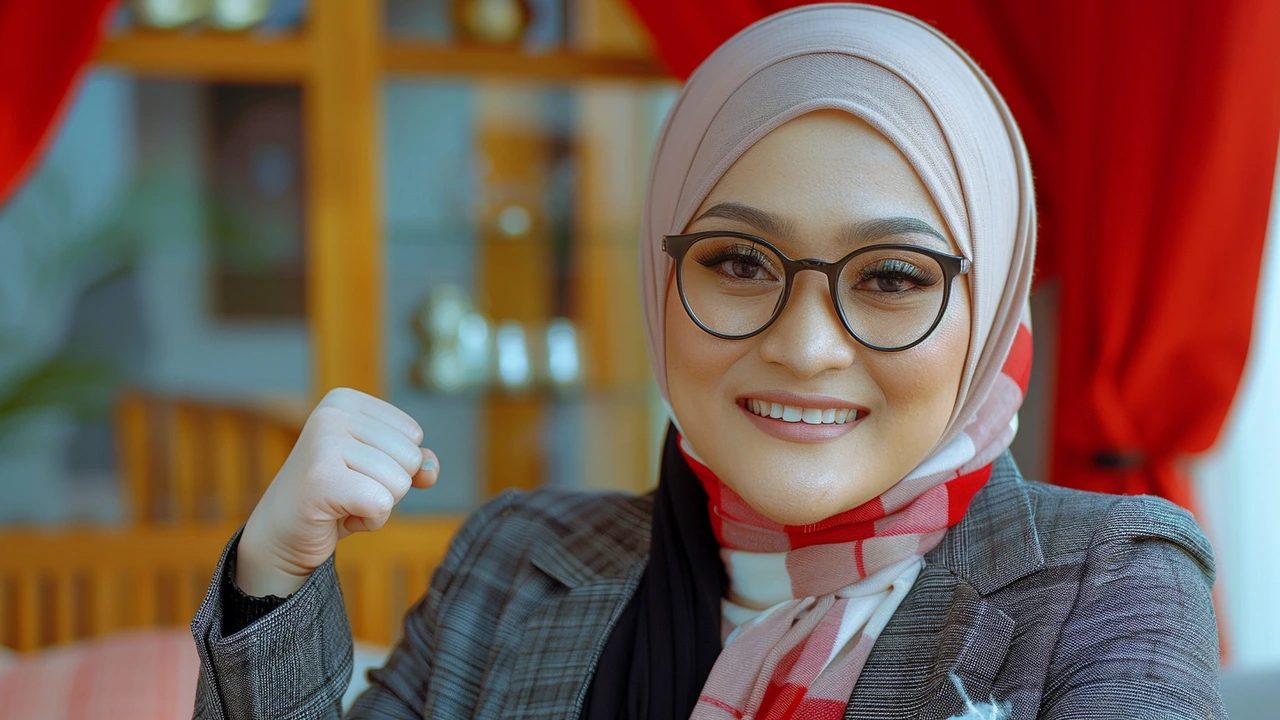Indigenous rights: what they mean and why they matter in Africa
Indigenous rights are about land, culture, and survival. Across Africa, indigenous peoples — like the San, Maasai, Ogiek and many forest or pastoral communities — face threats from land grabs, mining, conservation evictions and weak legal protection. Protecting these rights stops forced displacement, protects livelihoods and keeps languages and traditions alive.
Many readers ask: what practical steps actually defend indigenous rights? First, basic legal tools matter. The UN Declaration on the Rights of Indigenous Peoples and the principle of Free, Prior and Informed Consent (FPIC) give communities the right to say no to projects on their land. Regional bodies, such as the African Commission, also offer complaint routes when national systems fail. But laws alone don't change things — local documentation, legal aid and political pressure are what move cases forward.
How indigenous rights are defended on the ground
Communities protect themselves in a few proven ways. They register land claims with clear maps and witness statements; they document cultural sites, seasonal grazing routes and burial grounds; they partner with human rights lawyers and NGOs to bring test cases; and they use media and social platforms to shine a light on abuses. Successful campaigns often combine courtroom work with street-level organising and international advocacy. For example, getting a land title or a court victory can stop a mining lease, but public pressure keeps governments honest after a judgment.
Journalists and activists should focus on simple, verifiable facts: who lives where, how a project affects water and food, and what consent processes looked like. Use geotagged photos, dated testimonies and copies of permits. These details make complaints stronger and keep stories credible.
Ways you can help or stay informed
If you want to support indigenous rights, pick a clear action. Donate or volunteer with community-led groups rather than large charities that make decisions for locals. Sign petitions tied to legal cases, and write to companies sponsoring projects that threaten land. If you're a voter, ask candidates where they stand on land rights and FPIC. Media consumers can follow local reporters and Indigenous-led outlets — they usually report facts the big outlets miss.
For activists: document evidence, learn basic land-mapping tools (simple GPS apps work), and connect cases to regional bodies like the African Commission. For journalists: verify sources, record consent for interviews, and avoid speaking over community leaders. For businesses: adopt clear policies to require FPIC and independent audits before starting projects.
Indigenous rights are not an abstract cause — they protect food, water and homes for millions. Small, concrete steps by citizens, lawyers, journalists and companies add up. Keep asking questions, back community-led solutions, and demand that governments and investors respect the rights people already hold.
Before donating, check that groups are community-led, publish budgets and have local leadership. Look for clinics, land rights networks and Indigenous media. Small monthly donations to local groups do more than one-off gifts to large orgs. Follow cases and share verified updates on social media to widen support.

